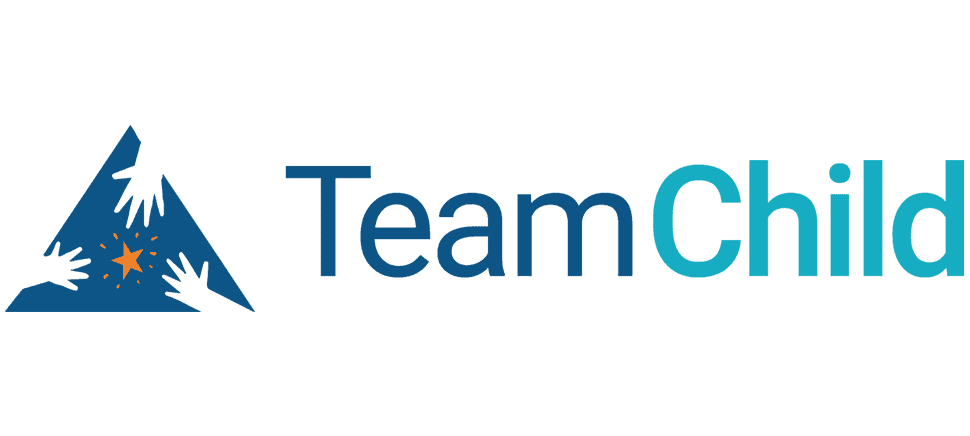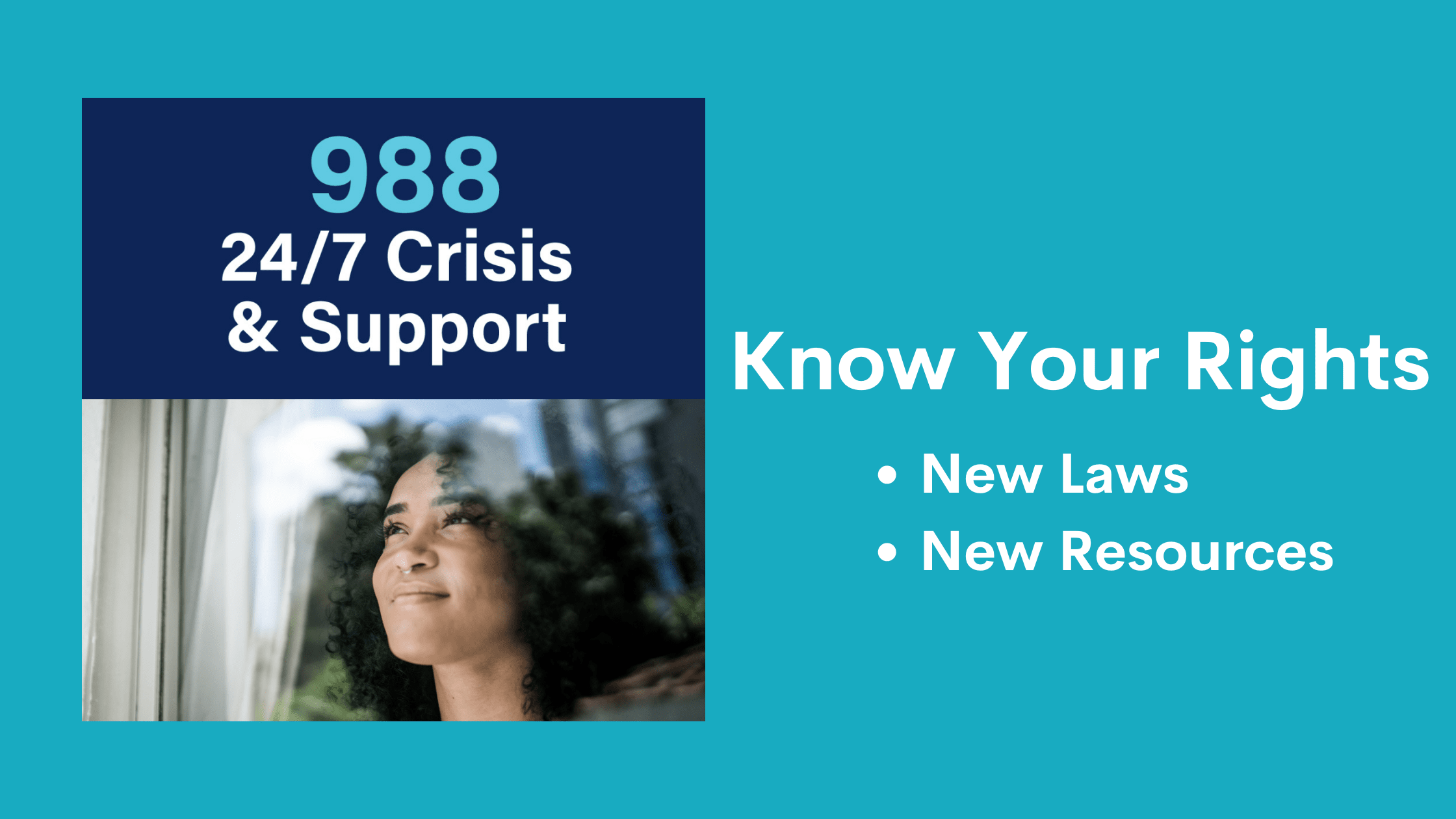Policy Goals and Priorities
TeamChild’s work is to uphold the rights of young people, secure the support they need, and transform punitive systems into more effective methods of addressing root causes and providing meaningful and appropriate support, opportunities, and healing to youth across Washington State. Our direct legal services meet young people’s right-now needs across a variety of failing systems – our policy & advocacy work, led by myself and Policy Coordinator Julian Cooper, is working upstream to transform those same systems in the ways that community and youth are asking for.
Healthcare
A really important change for young people is the health care consent for unaccompanied homeless youth under the age of 18. As of June 9, 2022, this new law is now in effect. That means that a young person who is unaccompanied and experiencing homelessness can get primary health care, like physical exams, dental exams, hearing and vision exams, immunizations, and other routine care without a parent’s consent. Building Changes, who was central to moving this bill to law, outlines the rules around this new right here: Health care consent for unaccompanied homeless youth under 18 – Building Changes
Emergency Guardianship Orders
TeamChild was thrilled to have found support in the 2022 legislative session to update the language in the emergency guardianship statute to better protect youth seeking emergency guardianship. For TeamChild attorneys, this new law has a positive impact on the options we can provide to clients when they seek legal assistance to stabilize their living situation. The new language went into effect on June 9, 2022. It instructs the court to appoint an emergency guardian when “no other person appears to have authority, ability, and the willingness to act to prevent substantial harm to the minor’s health, safety, and welfare.” You can read an overview of Minor Guardianship here.
Protection Orders
A major reorganization of all protection orders passed the legislature in 2021, but most of the new law did not go into effect until June of 2022. In the intervening year, a work group created some tools and forms to help the new implementation. You can find an overview of the entire reorganization here. TeamChild remains concerned about many of the changes. Our attempts to advocate for more protections for young people were not always successful. Some of our concerns that impact youth include:
- The definition of “intimate partner” includes youth as young as 13 now, where it used to be youth as young as 16.
- The requirement that minor children in petitions or orders be identified only by their initials and age is now removed.
Some benefits include:
- The court can “realign” the parties, meaning if the person who petitions is determined to really be the person escalating conflict, the court can reassign the petitioner as the respondent and make the respondent the protected petitioner.
- If the court restricts the respondent’s access to school, the school district must provide that student with education in an alternative setting, including transportation to the new school.
More reading about the new law can be found here:
Gender and Justice Commission Overview
Task Force Report to the Court
Suicide / Crisis Hotline
The Legislature passed HB 1477 in 2021 to expand and enhance behavioral health crisis response and suicide prevention services in our state. One of the components of this bill that goes into effect this year is the use of the 988 Suicide and Crisis Lifeline. Anyone can dial 988 if they are having thoughts of suicide, a mental health crisis, a substance use crisis, or any other kind of emotional distress. You can also dial 988 if you are worried about a loved one who may need crisis support. You can call, text, or chat 988 on a cell phone, land line, or voice over internet device. This new number launched on July 16, 2022. Find more details here.
Concerns have been raised regarding whether this new nationalized number will increase connections to law enforcement for people in distress. I have not been able to confirm for sure whether in Washington state, calling 988 will lead directly to law enforcement notification; I will continue to research this. However, alternative support lines are still available to people, including Trans Lifeline, warmlines, and Wildflower Peer Support Line
Mental Health-Related Absences
The Washington State Legislative Youth Advisory Council led the work to pass House Bill 1834, which allows for an excused absence for mental health reasons. Advocates hope the new law will help to take the stigma out of talking about mental health and seeking support for mental health. The rule goes into effect August 1, 2022. Read more about this in OSPI’s Explainer for School Districts.
Repeal of Parent Pay
Thanks to the repeal of “parent pay”, families will no longer be charged any money for the cost of incarceration of their children in detention or state prison facilities. This law went into effect immediately after session ended March 24, 2022, cancelling the $1.1 million owed to the state by families on that date. TeamChild supported the end to Parent Pay because we know from our clients and their families, that one important way to support a young person returning home from a time of incarceration is to make sure their family is as strong as they can be economically.
Juvenile Diversion Agreements
Juvenile diversion agreements are contracts between a youth accused of a crime and a diversion unit of the local juvenile court, where the juvenile agrees to complete certain requirements instead of facing persecution for the crime. A new law passed this session allows the youth to seek a six-month extension of the timeframe to complete the agreed diversion requirements if needed.
Each of these changes have an impact on our young people and the communities committed to seeing them grow to adulthood with an equitable opportunity to thrive. At TeamChild, we will continue to participate in key workgroups and convenings that cover a range of topics and systems that directly impact the young people who are clients of our core legal services program. We hope you’ll stay in touch as the months progress and we continue to refine our approach to policy and advocacy.



